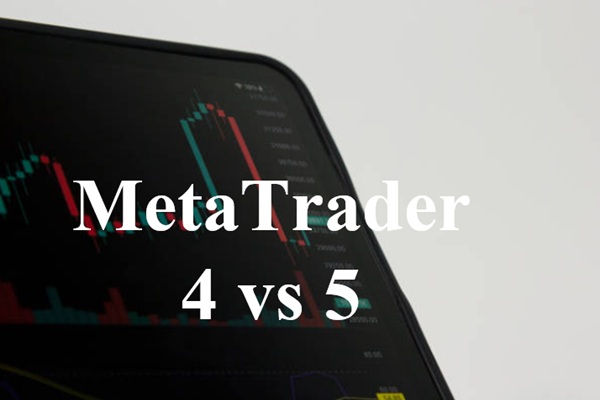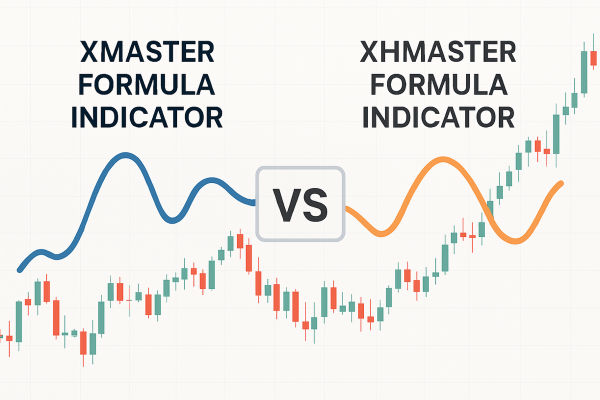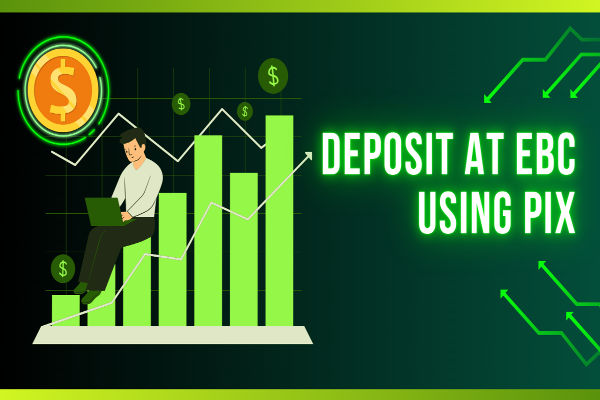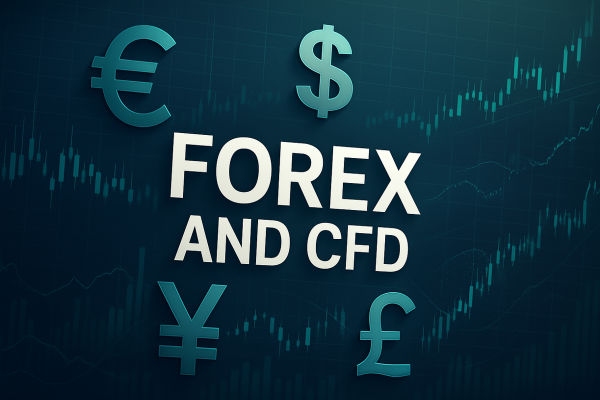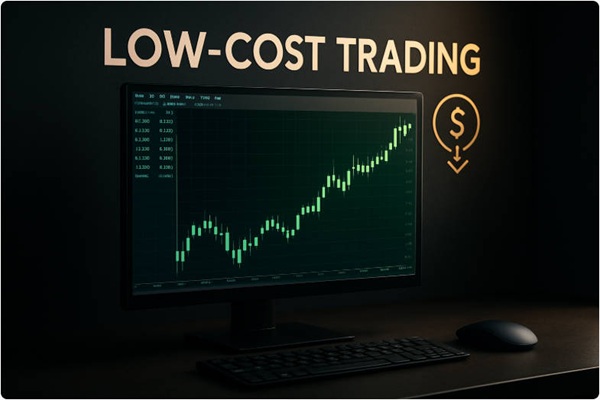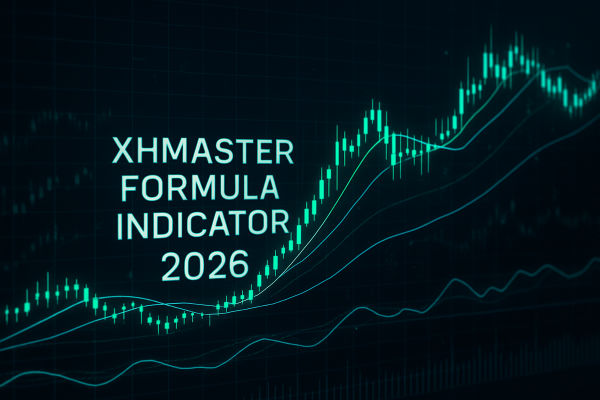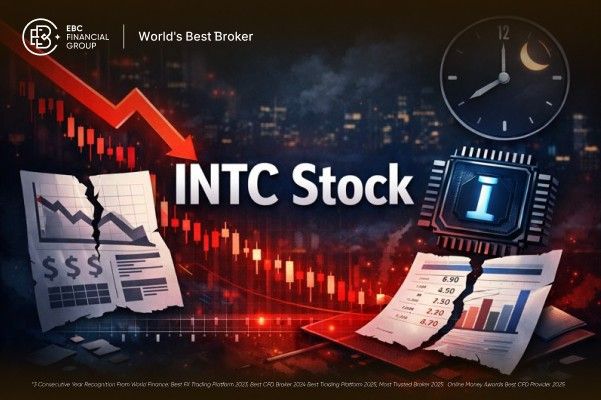For beginners focused on forex, MT4 is simpler and easier to use. For advanced traders seeking multi-asset trading, automation, and deeper analytics, MT5 is the better choice.
Highlights
MetaTrader 4 is ideal for beginners and forex-focused traders. Its simple interface and essential tools make learning and trading straightforward.
MetaTrader 5 supports a wider range of assets, including stocks, commodities, indices, and cryptocurrencies, making it suitable for multi-asset strategies.
Charting and automation are more advanced on MT5. It offers additional indicators, more timeframes, and multi-threaded Expert Advisors for sophisticated trading.
MT5 also provides greater flexibility in order types and backtesting, including multi-currency and cloud-optimised strategy testing for professional traders.
Setting the Stage: The Legacy of Trading Platforms
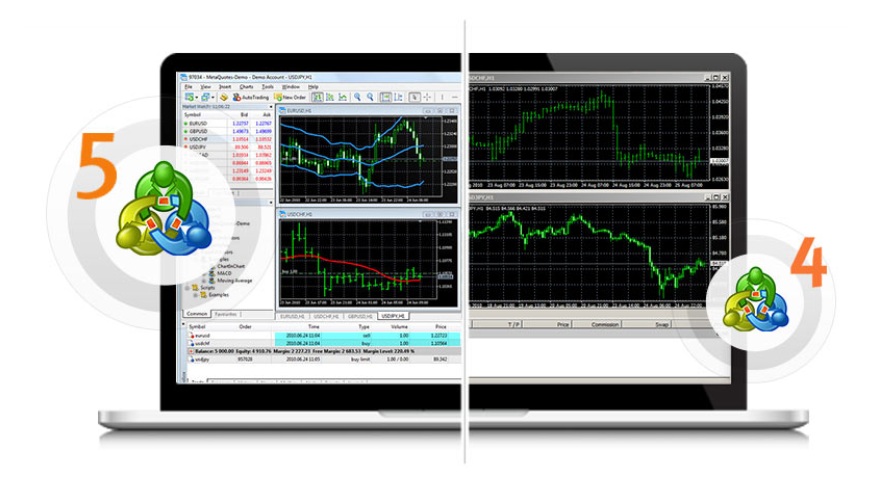
The world of online trading has changed dramatically over the past two decades. Yet few platforms have inspired as much attention—or loyalty—as MetaTrader.
For many traders, MetaTrader 4 (MT4) is synonymous with forex trading. Released in 2005 by MetaQuotes Software, MT4 quickly became the preferred platform for retail traders. Its simplicity, reliability, and user-friendly interface helped it become a cornerstone of the trading community.
In 2010. MetaQuotes launched MetaTrader 5 (MT5), aiming to be the next-generation trading platform. Unlike MT4. MT5 was designed for multi-asset trading. It supports not only forex, but also stocks, commodities, futures, indices, and even cryptocurrencies.
The goal was ambitious: to offer an all-in-one solution for traders. MT5 combines advanced analytical tools, enhanced automation, and broader market access in a single platform.
Today, both MT4 and MT5 remain widely used, but traders face a critical question. Should they stick with the trusted MT4. or explore the broader capabilities of MT5? This article will examine that question by exploring the key differences, strengths, and weaknesses of each platform.
The Battlefield of Features: MT4 vs MT5
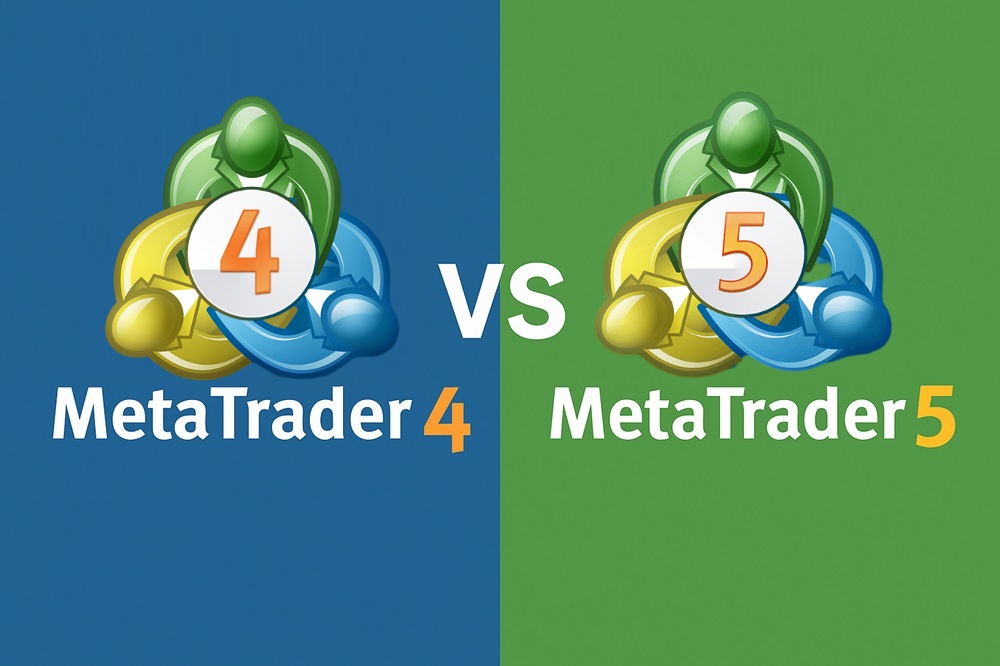
a. Instruments and Market Reach
The first—and perhaps most significant—difference between MT4 and MT5 lies in the instruments they support.
MT5. on the other hand, is a multi-asset powerhouse. Beyond forex, it accommodates stocks, commodities, indices, futures, and cryptocurrencies.
In practical terms, MT4 is like a classic sports car: reliable, fast, and built for a specific purpose. MT5 is akin to a Swiss Army knife: versatile, capable of handling numerous tasks, and designed for traders who wish to diversify their portfolios across multiple asset classes.
b. Charting and Analysis: The Trader's Toolbox
Technical analysis is at the heart of trading, and the tools available can make a significant difference in performance.
MT5 expands the analytical arsenal dramatically, with twenty-one timeframes, thirty-eight indicators, and the inclusion of the Depth-of-Market (DOM) feature for advanced order flow analysis.
To draw an analogy, MT4 hands a trader the essentials: a hammer, a screwdriver, and a wrench. MT5. meanwhile, equips the trader with a full toolkit—everything from precision laser instruments to multifunction devices—allowing for more intricate and sophisticated analysis.
c. Automation and Programming
Automated trading, or algorithmic trading, has become a cornerstone for serious traders. Here, the distinction between MT4 and MT5 becomes particularly apparent.
MT5 uses MQL5. a modern, object-oriented language that supports multi-threaded strategy testing and complex automated trading systems. Multi-currency strategies, advanced risk management, and faster execution are all possible with MT5.
In other words, MT4 provides a friendly robotic assistant, while MT5 offers a fleet of specialised robots capable of executing sophisticated strategies simultaneously.
d. Order Types and Execution
Order types and execution efficiency are crucial, particularly in fast-moving markets.
MT4 supports four primary order types: market execution, pending orders (buy stop, sell stop), stop loss, and take profit. While sufficient for most forex strategies, it is limited when traders require advanced order management.
Think of MT4 as a reliable set of navigational tools, while MT5 provides GPS, a compass, and a speedometer all at once, enabling precise and informed decision-making.
e. Backtesting and Strategy Optimisation
Backtesting allows traders to test strategies against historical data, ensuring robustness before deploying them in live markets.
In this context, MT4 is like a sandbox for experimentation, while MT5 is a high-tech laboratory, complete with advanced instruments for precision testing.
f. User Experience and Accessibility
Despite MT5's advanced capabilities, MT4 remains widely popular due to its simplicity and minimal learning curve.
Beginner traders often find MT4 intuitive and easy to navigate. MT5. while more feature-rich, can be daunting initially, with additional charts, indicators, and settings that require time to master.
An apt analogy would be that MT4 is a cosy cottage: warm, familiar, and easy to live in. MT5 is a futuristic smart home: full of powerful gadgets and hidden rooms, offering more possibilities for those willing to explore.
MT4 vs MT5: Pros and Cons in a Nutshell
| Platform |
Pros |
Cons |
| MT4 |
Simple and lightweight, widely supported by brokers, large community, ideal for forex |
Limited to forex/CFDs, lacks advanced multi-asset features |
| MT5 |
Multi-asset support, advanced charting and analytics, superior automation, enhanced backtesting |
Steeper learning curve, not all brokers support it, MT4 indicators/EAs are incompatible |
Frequently Asked Questions
Q1: Can I trade forex on MT5 as efficiently as on MT4?
Absolutely. MT5 handles forex trading just as effectively as MT4. with the added advantage of multi-asset diversification.
Q2: Will my MT4 indicators and Expert Advisors work on MT5?
Unfortunately not. MT4 and MT5 use different programming languages (MQL4 vs MQL5), so migration requires adaptation or reprogramming.
Q3: Which platform is better for algorithmic trading?
MT5 is the superior choice for algorithmic trading due to multi-threaded backtesting, multi-currency capabilities, and cloud optimisation.
Q4: Is it worth switching from MT4 to MT5 today?
The answer depends on your trading objectives. MT5 is ideal for those seeking advanced features, multi-asset exposure, and professional-grade automation. MT4 remains excellent for forex-focused traders who value simplicity and stability.
Choosing Your Champion: MT4 or MT5
Selecting the right platform ultimately comes down to individual goals, trading style, and ambition:
Beginner Forex Trader → MT4: simplicity and reliability.
Advanced Multi-Asset Trader → MT5: advanced tools, wider market access, and professional-grade automation.
The key takeaway is that neither platform is universally "better." The optimal choice is the one that aligns with your trading journey, your comfort level, and your long-term strategy.
Disclaimer: This material is for general information purposes only and is not intended as (and should not be considered to be) financial, investment or other advice on which reliance should be placed. No opinion given in the material constitutes a recommendation by EBC or the author that any particular investment, security, transaction or investment strategy is suitable for any specific person.
